 Published in Asian-mena Counsel: Anti-Trust & Competition Special Report 2019
Published in Asian-mena Counsel: Anti-Trust & Competition Special Report 2019
By Danielle Lobo and Abdus Samad, Afridi & Angell
Despite the limited number of filings and the dearth of decisions, parties conducting M&A in or from the UAE should consider the impact of the competition regime.
 The United Arab Emirates (UAE) promulgated legislation to specifically address the regulation of competition (being Federal Law 4 of 2012, or the Competition Law) several years ago but until recently, it has been the case that the requisite implementing regulations and processes were not in place. This is no longer the case. Not only have the much anticipated implementing regulations been issued, the UAE Ministry of Economy (the Ministry) (being the regulator in charge of administering the UAE competition regime) has now formed the required committee and issued the anticipated guidance and forms to allow concerned parties to make merger clearance submissions to the Ministry where required to do so pursuant to the Competition Law.
The United Arab Emirates (UAE) promulgated legislation to specifically address the regulation of competition (being Federal Law 4 of 2012, or the Competition Law) several years ago but until recently, it has been the case that the requisite implementing regulations and processes were not in place. This is no longer the case. Not only have the much anticipated implementing regulations been issued, the UAE Ministry of Economy (the Ministry) (being the regulator in charge of administering the UAE competition regime) has now formed the required committee and issued the anticipated guidance and forms to allow concerned parties to make merger clearance submissions to the Ministry where required to do so pursuant to the Competition Law.
In this article, we highlight the key issues that those with market share in the UAE should consider in an M&A context.
In what instances is a request required to be filed?
A merger clearance request is triggered (and must be filed) in cases where there is an “economic concentration”, unless an exemption applies.
The concept of an economic concentration is defined in the Competition Law as: “any act resulting in a total or partial transfer (merger or acquisition) of property, usufruct rights, rights, stocks, shares or obligations from one establishment to another, empowering the establishment or a group of establishments to directly or indirectly control another establishment or another group of establishments”.
The requirement to submit a merger clearance request is accordingly triggered in all cases where there is an economic concentration, irrespective of whether the parties to the concentration have a formal, licensed presence in the UAE. The test is an effect-based test (see article 3 of the Competition Law) — hence why foreign-to-foreign transactions must also be notified if they otherwise qualify for a filing.
Cabinet Resolution 13 of 2016 (the Ratios Resolution) further stipulates that merger clearance is required to be sought where the overall market share of the parties to the transaction exceeds 40 percent of the relevant market.
For the purposes of this analysis, the Ratios Resolution does not stipulate any conditions or formulae for how the threshold must be met. In other words, it does not appear to be relevant whether the parties to an economic concentration together or separately meet the threshold, so long as together (ie, after the concentration is complete), they would have a market share of at least 40 percent of the relevant market.
Exemptions available under the Competition Law
As noted above, there are a number of exemptions contained in the Competition Law. To the extent that one or more of the concerned parties to a concentration qualifies for an exemption, the obligation to seek merger clearance does not arise.
Sector-specific exemptions
The Competition Law contains the following exemptions:
- telecommunications;
- financial sector;
- cultural activities (readable, audible and visual);
- oil & gas;
- production and delivery of pharmaceutical products;
- postal services, including express mail service;
- activities relating to production, distribution and transportation of electricity and water;
- activities on the treatment of sewerage, garbage disposal, hygiene and the like, in addition to supportive environmental services thereof;
- sectors of land, marine or air transport, railway transport and services related thereto.
 Businesses owned by the Federal or an Emirate level government
Businesses owned by the Federal or an Emirate level government
In addition, there is a carve-out for entities that are owned by the Federal or an Emirate level government. In order to qualify for this exemption the relevant business must be at least 50 percent owned by the Federal or an Emirate level government. It is yet to be seen whether indirect ownership qualifies.
It is important to note that the Ministry has discretion to interpret the scope of each exemption and, as such, if an exemption is to be relied upon, this is something that must be discussed with the Ministry on a case-by-case basis.
Small and medium-sized enterprises (SMEs)
The term “SME” has been defined in Cabinet Resolution 22 of 2016.
1. Trade sector:
- Micro-sized: Less than or equal to five employees, or revenue of less than Dh3 million (US$820,000);
- Small-sized: Between six and 50 employees; or annual revenue of less than Dh20 million;
- Medium-sized: Between 51 and 200 employees or annual revenue of less than Dh200 million.
2. Industry sector:
- Micro-sized: Less than or equal to nine employees; or revenue of less than Dh3 million;
- Small-sized: Between 10 and 100 employees; or annual revenue of less than Dh50 million;
- Medium-sized: Between 101 and 250 employees; or annual revenue of less than Dh250 million.
Defining the market
The first step in considering issues of competition is to understand what the “market” is. This is not a task to be taken lightly and will usually require substantial discussion with both counterparties to the transaction and their respective commercial teams. There is as yet no official guidance available as to how the market(s) concerned are to be defined. For assistance, principles of EU competition law can be considered though these principles are not of any authoritative value under UAE law.
Broadly, the EU Commission has provided the following guidance on market definition:
1. The relevant market combines the product market and the geographic market, defined as follows:
- a relevant product market comprises all those products and/or services which are regarded as interchangeable or substitutable by the consumer by reason of the products’ characteristics, their prices and their intended use;
- a relevant geographic market comprises the area in which the firms concerned are involved in the supply of products or services and in which the conditions of competition are sufficiently homogeneous.
Practical experience with the UAE merger control regime
Afridi & Angell has recently acted on a foreign-to-foreign merger in the rail and metro transport sector. We advised both parties to the proposed concentration on all aspects of the UAE merger control process and the submission of a clearance request in respect of the proposed transaction. Though the transaction was recently blocked by the EU Commission and therefore did not proceed, it was granted unconditional approval in the UAE by the Ministry.
Despite the limited number of filings submitted to the Ministry to date and the dearth of published decisions and guidance, the UAE competition regime is in force and is fully operational. Parties doing business in or from the UAE would be well advised to consider the impact of the competition regime on their existing businesses and on any acquisitions or disposals they propose to undertake.

E: dlobo@afridi-angell.com
E: asamad@afridi-angell.com


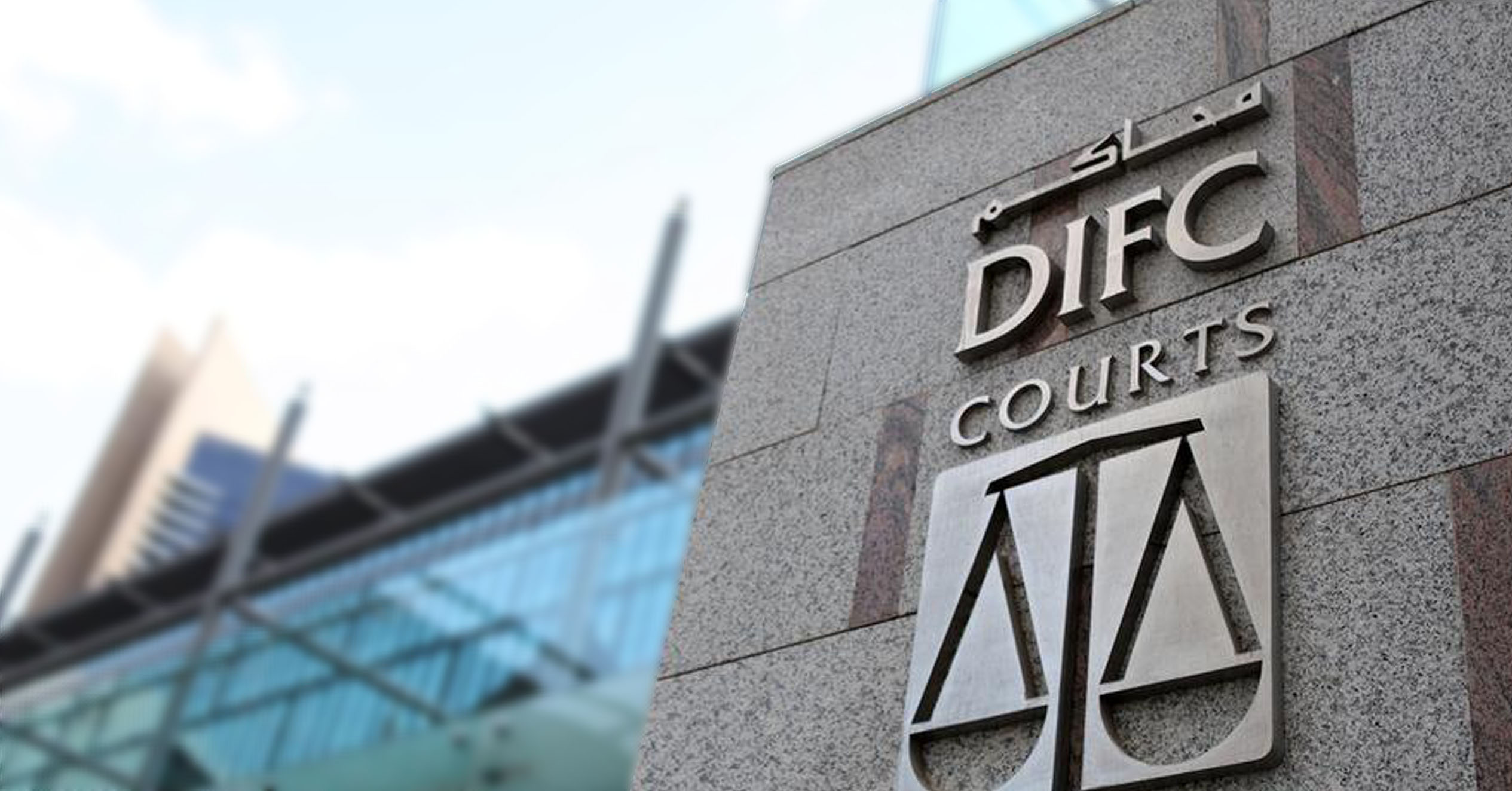






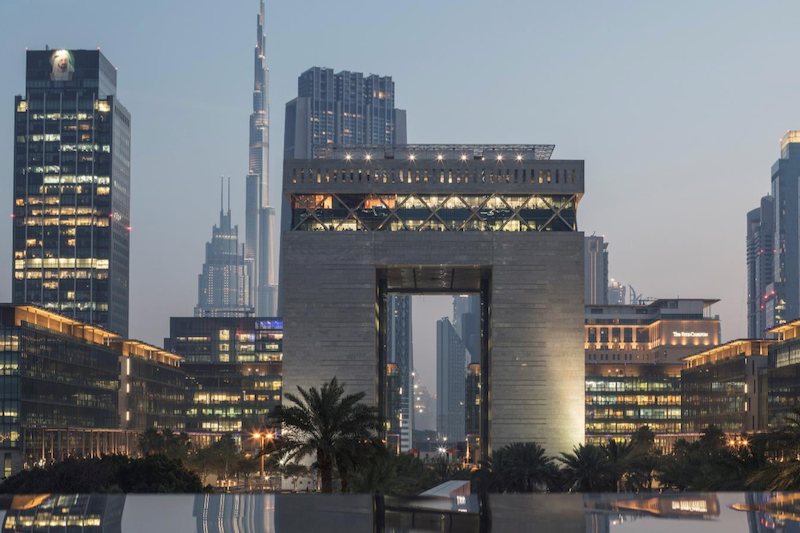

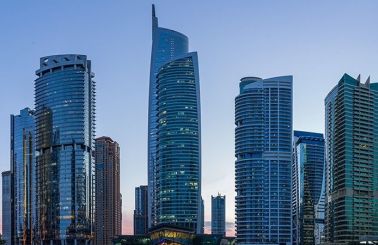

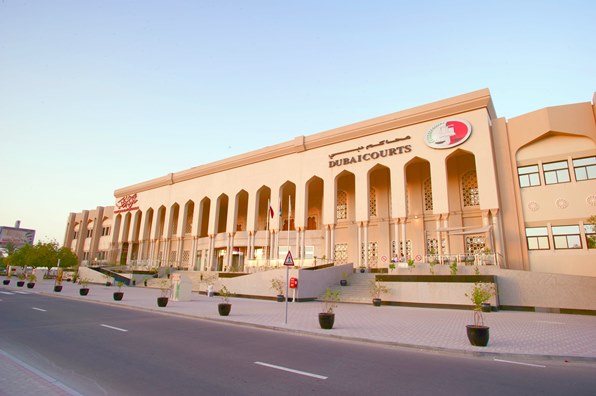








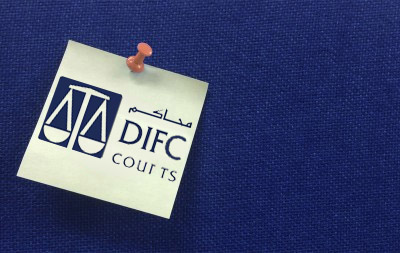
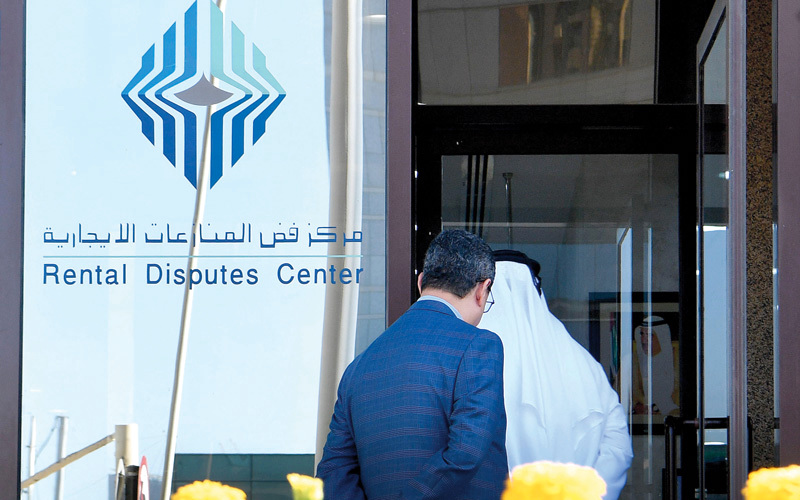
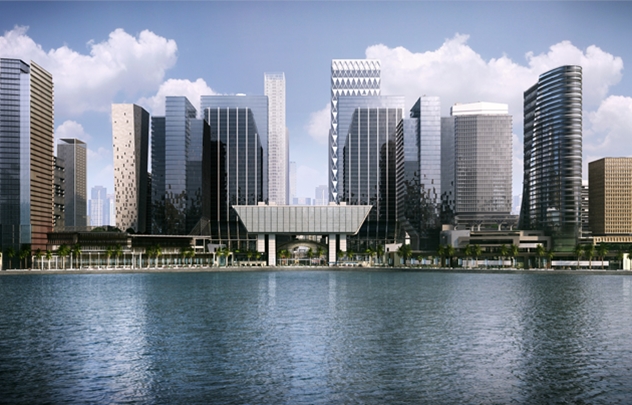











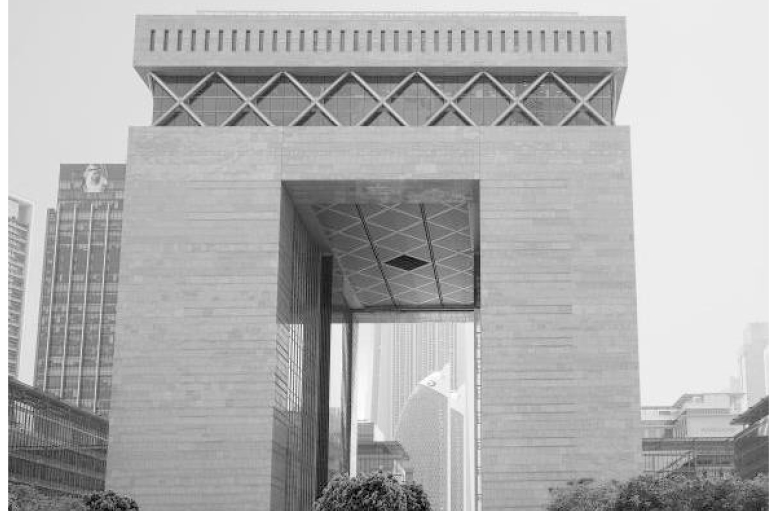









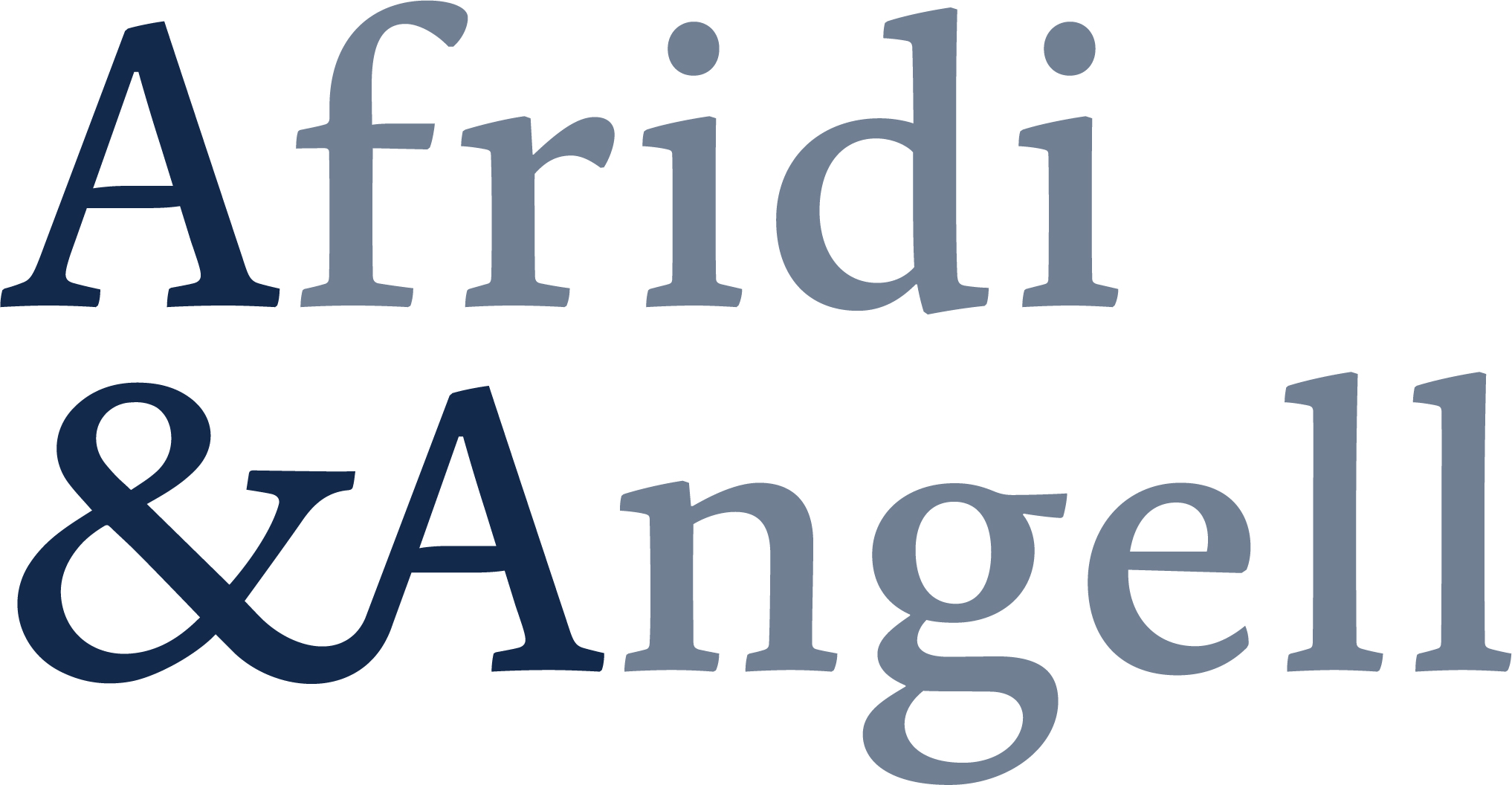 Afridi & Angell
Afridi & Angell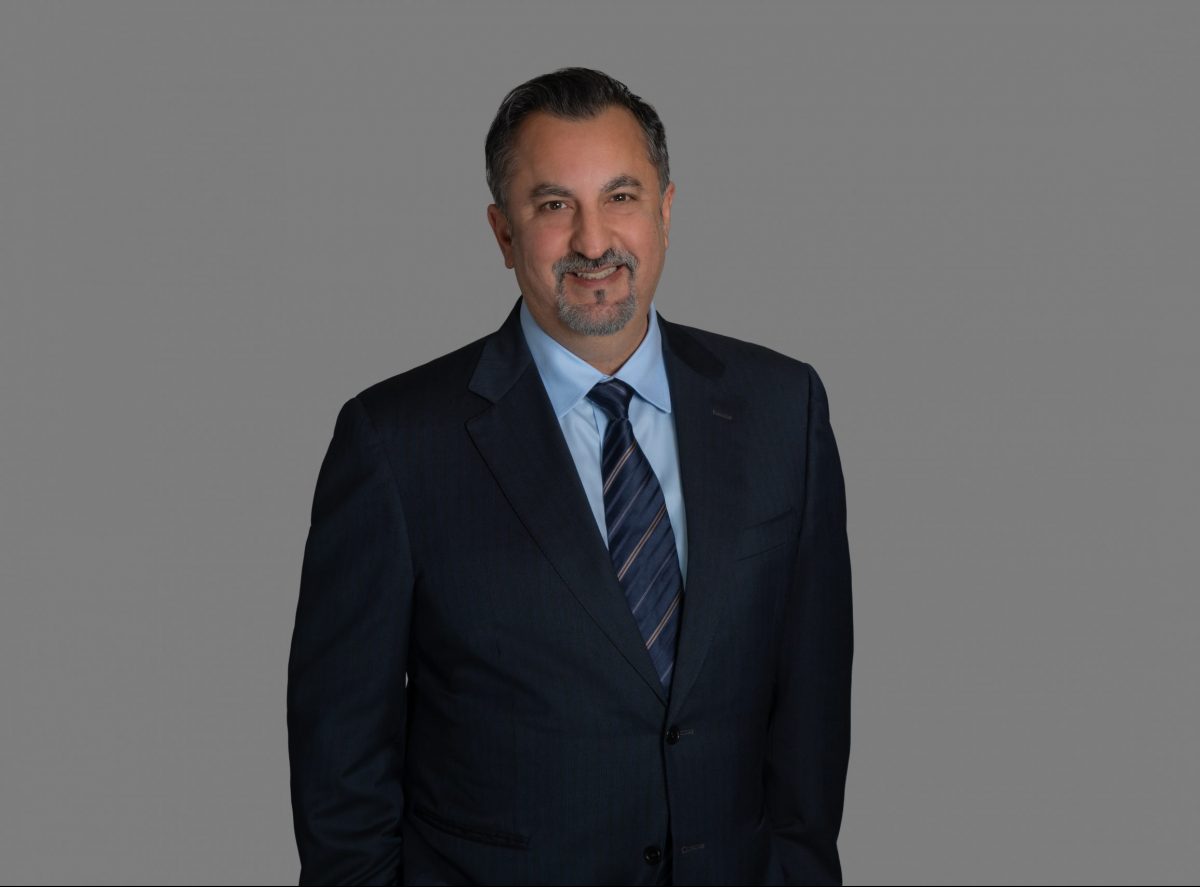 Masood Afridi
Masood Afridi Amjad Ali Khan
Amjad Ali Khan







